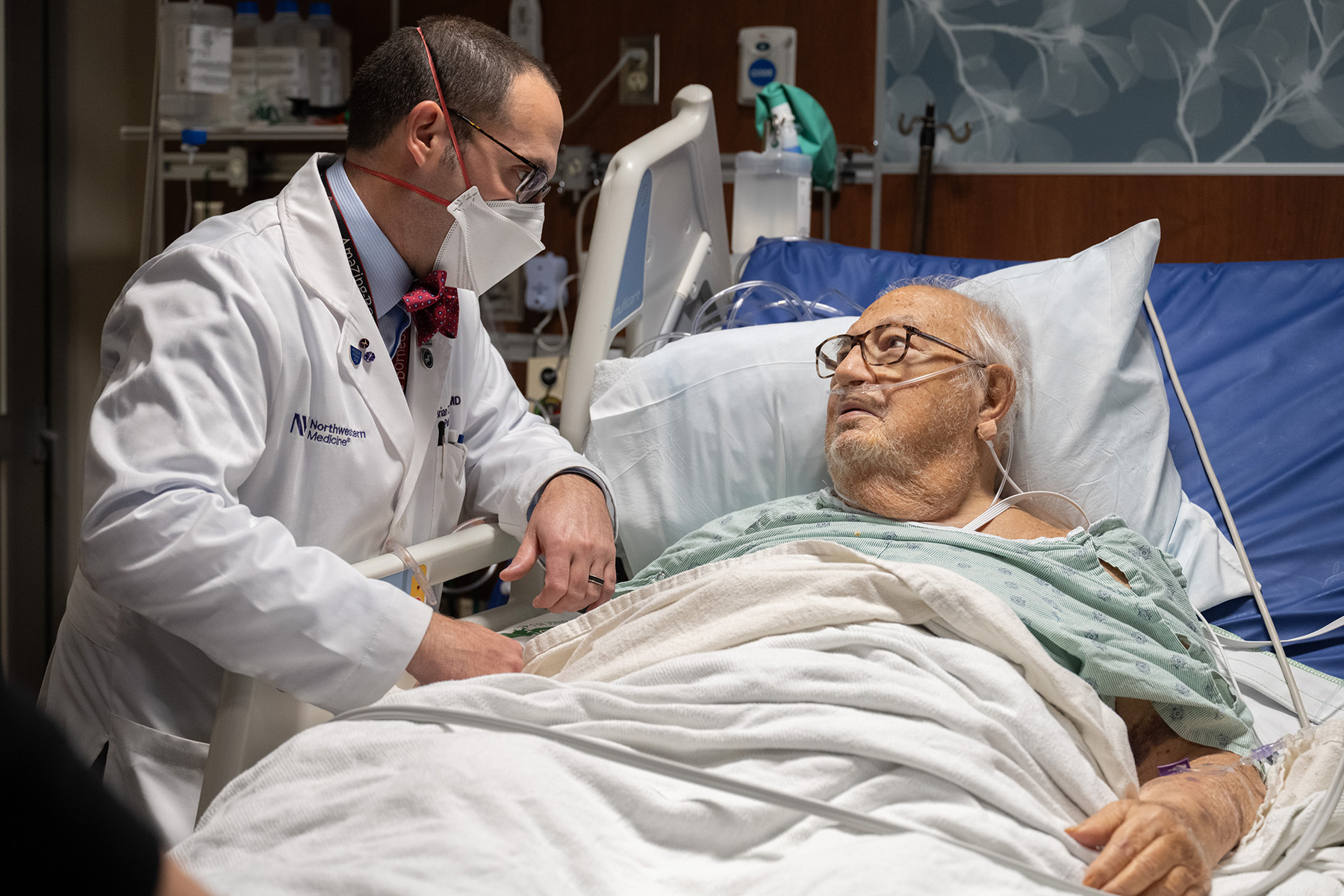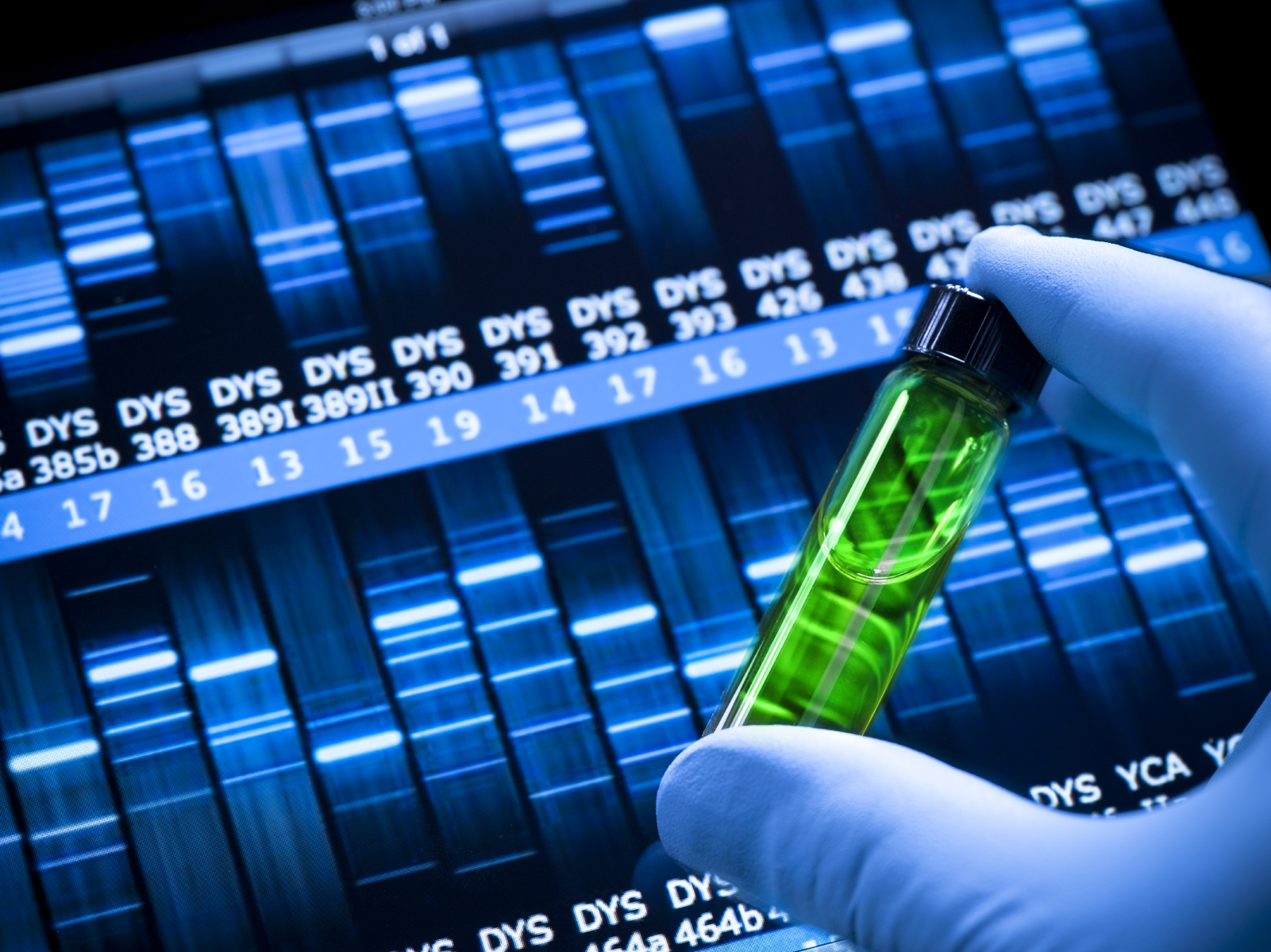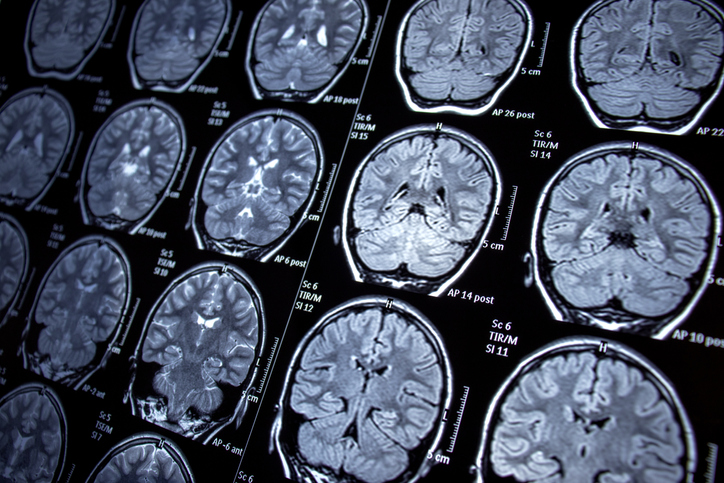Tag: Research
-

Feinberg Professor Mark Hersam Named MacArthur Fellow
Mark C. Hersam, PhD, a Northwestern University materials engineer and Feinberg School of Medicine professor has been named a 2014 MacArthur Fellow.
-

New Insights for Therapeutic Intervention in Melanoma
Mary J.C. Hendrix, PhD, revealed a variance in signaling pathways in embryonic stem cells and metastatic melanoma cells that may impact new therapeutic strategies in cancer.














